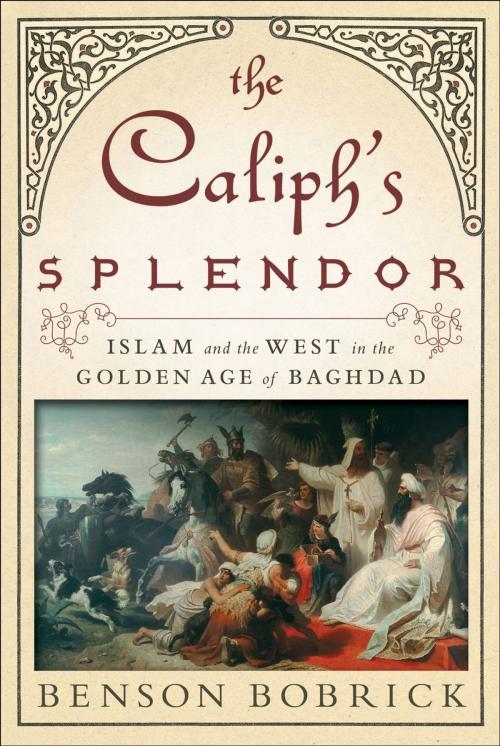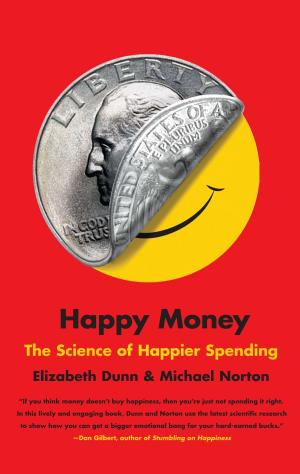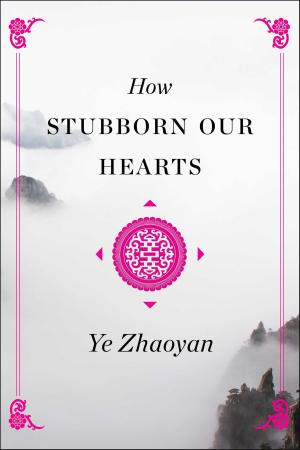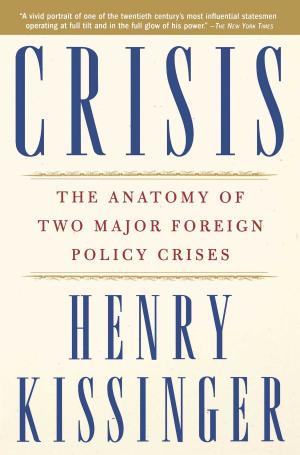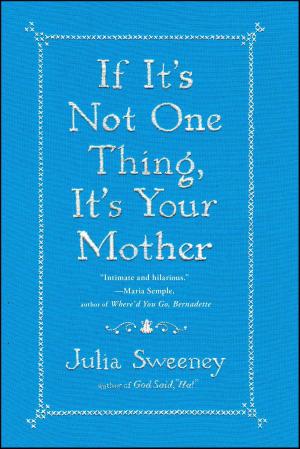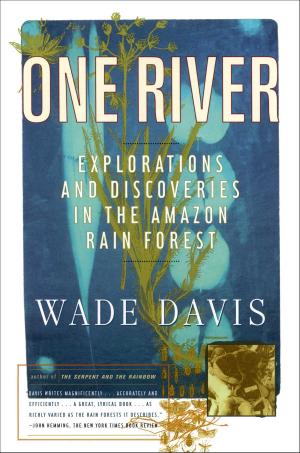The Caliph's Splendor
Islam and the West in the Golden Age of Baghdad
Nonfiction, History, Medieval, European General| Author: | Benson Bobrick | ISBN: | 9781416568063 |
| Publisher: | Simon & Schuster | Publication: | August 14, 2012 |
| Imprint: | Simon & Schuster | Language: | English |
| Author: | Benson Bobrick |
| ISBN: | 9781416568063 |
| Publisher: | Simon & Schuster |
| Publication: | August 14, 2012 |
| Imprint: | Simon & Schuster |
| Language: | English |
The Caliph’s Splendor is a revelation: a history of a civilization we barely know that had a profound effect on our own culture.
While the West declined following the collapse of the Roman Empire, a new Arab civilization arose to the east, reaching an early peak in Baghdad under the caliph Harun al-Rashid. Harun is the legendary caliph of The Thousand and One Nights, but his actual court was nearly as magnificent as the fictional one. In The Caliph’s Splendor, Benson Bobrick eloquently tells the little-known and remarkable story of Harun’s rise to power and his rivalries with the neighboring Byzantines and the new Frankish kingdom under the leadership of Charlemagne.
When Harun came to power, Islam stretched from the Atlantic to India. The Islamic empire was the mightiest on earth and the largest ever seen. Although Islam spread largely through war, its cultural achievements were immense. Harun’s court at Baghdad outshone the independent Islamic emirate in Spain and all the courts of Europe, for that matter. In Baghdad, great works from Greece and Rome were preserved and studied, and new learning enhanced civilization. Over the following centuries Arab and Persian civilizations made a lasting impact on the West in astronomy, geometry, algebra (an Arabic word), medicine, and chemistry, among other fields of science. The alchemy (another Arabic word) of the Middle Ages originated with the Arabs. From engineering to jewelry to fashion to weaponry, Arab influences would shape life in the West, as they did in the fields of law, music, and literature.
But for centuries Arabs and Byzantines contended fiercely on land and sea. Bobrick tells how Harun defeated attempts by the Byzantines to advance into Asia at his expense. He contemplated an alliance with the much weaker Charlemagne in order to contain the Byzantines, and in time Arabs and Byzantines reached an accommodation that permitted both to prosper. Harun’s caliphate would weaken from within as his two sons quarreled and formed factions; eventually Arabs would give way to Turks in the Islamic empire.
Empires rise, weaken, and fall, but during its golden age, the caliphate of Baghdad made a permanent contribution to civilization, as Benson Bobrick so splendidly reminds us.
The Caliph’s Splendor is a revelation: a history of a civilization we barely know that had a profound effect on our own culture.
While the West declined following the collapse of the Roman Empire, a new Arab civilization arose to the east, reaching an early peak in Baghdad under the caliph Harun al-Rashid. Harun is the legendary caliph of The Thousand and One Nights, but his actual court was nearly as magnificent as the fictional one. In The Caliph’s Splendor, Benson Bobrick eloquently tells the little-known and remarkable story of Harun’s rise to power and his rivalries with the neighboring Byzantines and the new Frankish kingdom under the leadership of Charlemagne.
When Harun came to power, Islam stretched from the Atlantic to India. The Islamic empire was the mightiest on earth and the largest ever seen. Although Islam spread largely through war, its cultural achievements were immense. Harun’s court at Baghdad outshone the independent Islamic emirate in Spain and all the courts of Europe, for that matter. In Baghdad, great works from Greece and Rome were preserved and studied, and new learning enhanced civilization. Over the following centuries Arab and Persian civilizations made a lasting impact on the West in astronomy, geometry, algebra (an Arabic word), medicine, and chemistry, among other fields of science. The alchemy (another Arabic word) of the Middle Ages originated with the Arabs. From engineering to jewelry to fashion to weaponry, Arab influences would shape life in the West, as they did in the fields of law, music, and literature.
But for centuries Arabs and Byzantines contended fiercely on land and sea. Bobrick tells how Harun defeated attempts by the Byzantines to advance into Asia at his expense. He contemplated an alliance with the much weaker Charlemagne in order to contain the Byzantines, and in time Arabs and Byzantines reached an accommodation that permitted both to prosper. Harun’s caliphate would weaken from within as his two sons quarreled and formed factions; eventually Arabs would give way to Turks in the Islamic empire.
Empires rise, weaken, and fall, but during its golden age, the caliphate of Baghdad made a permanent contribution to civilization, as Benson Bobrick so splendidly reminds us.
